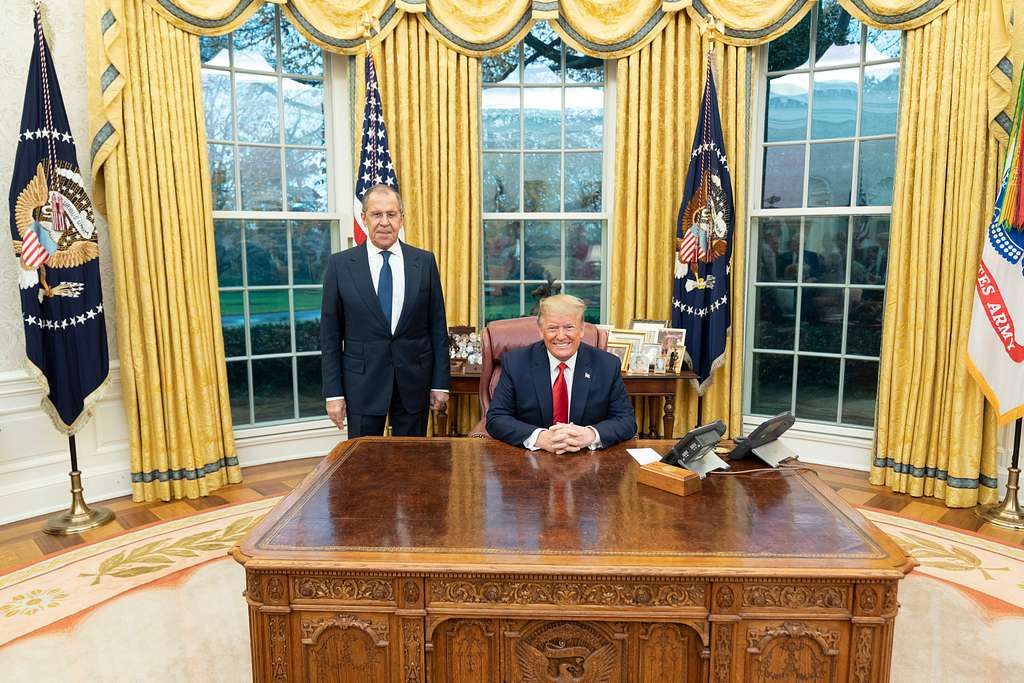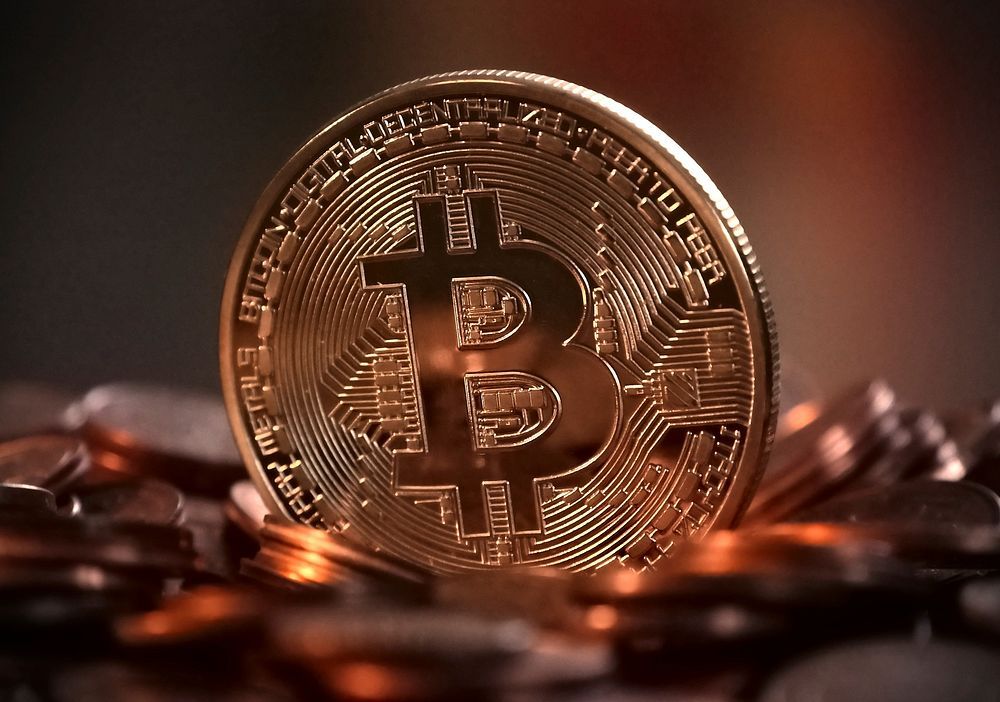The Wall That Came Tumbling Down: A Historic Look at the Fall of the Berlin Wall

After the Second World War, Hitler was defeated and Germany suffered a crushing defeat. After Germany’s defeat, Germany was divided into four regions, in which the united states of America, Great Britain, France and the Soviet Union did control. In 1949, all these countries together formed the federal republic of Germany. Along with this the Soviet region became a democratic republic. Germany’s capital Berlin was also divided into four regions, in which the Soviet Union controlled the eastern region. In 1961, there was an excessive number of refugees fleeing towards the west, to stop them the eastern German government built a wall in Berlin. It worked as a kind of physical disruptor which had engulfed the Burlin. The wall effectively worked to separate the West from the Eastern civilization. That is why the people who were moving from East to West on the Soviet side did not like this disruptor. On 9 November 1989, the wall of Berlin was opened, which had divided the East and West Berlin , which was a very important event in the history of mankind. The falling of the wall of the Berlin was similar to the end of Cold War and became a symbol of a new era of freedom and unity in Europe. 9 November In 1989, due to misunderstanding between eastern German officials, Berlin’s wall was opened. Thousands of people gathered at the wall and the border guards started giving them permission to go inside. As the crowd entered through the door, Berlin’s wall collapsed effectively and the division between East and West came to an end. With the fall of Berlin wall, a new era began in the history of Europe. In the next month, the eastern German government fell. Independence elections were held. In October 1990, East and West Germany were united again. Thus, the division of Germany, which existed at the end of the two world wars, came to an end. It happened that the fall of Berlin’s wall also led to difficult consequences in international relations, which marked the beginning of the end of the Sheet War, because Eastern Europe had come under the control of the Soviet Union. In the coming years, the Eastern Europeans started promoting democracy. In 1991, the Soviet Union collapsed and The fall of Berlin’s wall is an important event in human history, which ended the Cold War and marked the beginning of a new era of freedom and unity in Europe, which showed that when people come together to demand change, then all the problems that arise are resolved.







